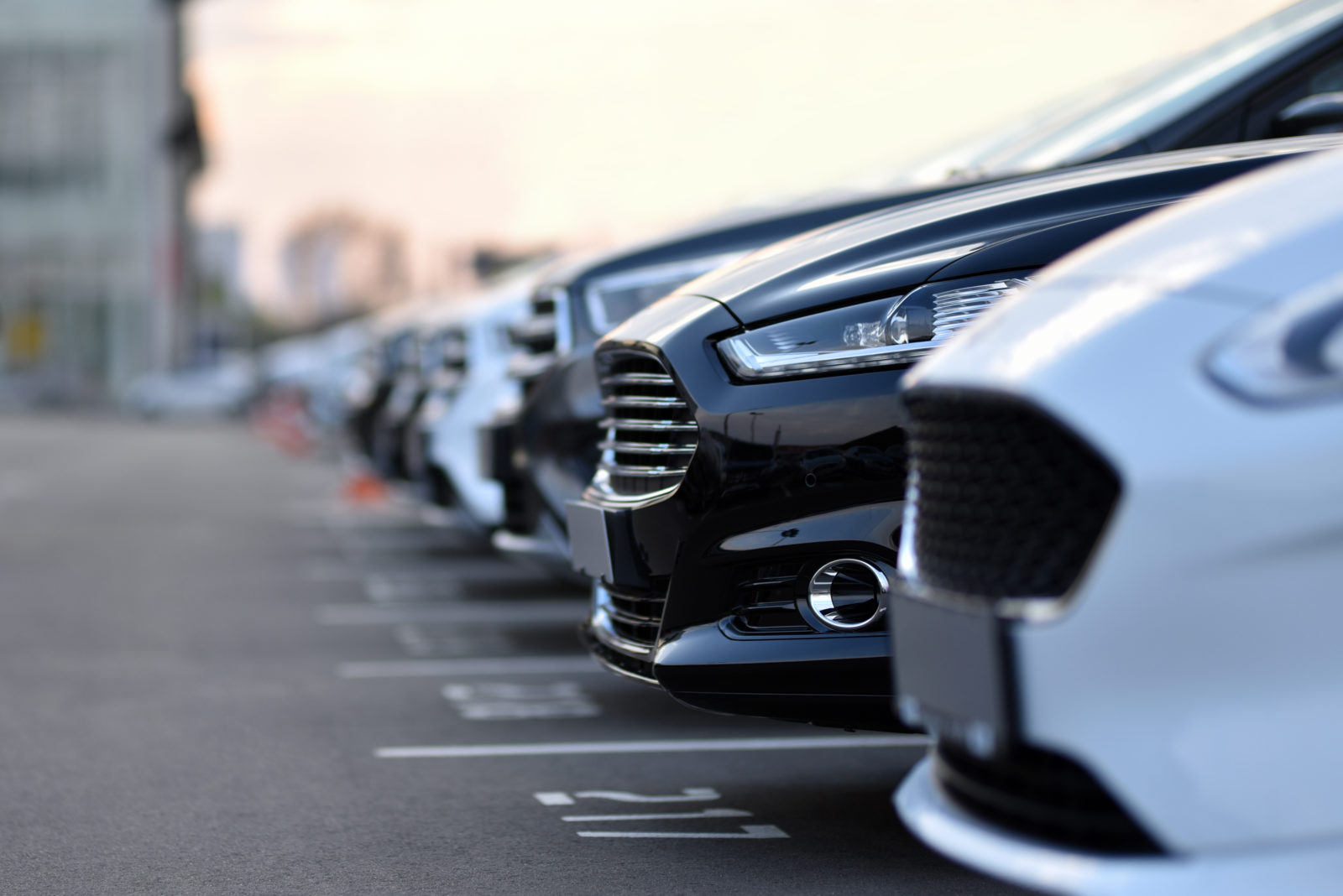Buying a used or nearly new car can be a minefield. It’s not just the make and model you have to choose, you’ll also need to factor in ongoing costs like servicing, maintenance and car cover too. To help you make an informed decision, mustard.co.uk (experts at helping you find cheap insurance quotes) share the pros and cons of buying a used car.
What are the pros of buying a used car?
Regardless of where you buy a used car from, there are definite advantages compared to buying brand new, including:
Cost — used or nearly new cars cost less than brand new cars so if you’re not bothered about having the latest registration, you can pick up some real bargains just a couple of years old.
Less depreciation — new cars lose around 20% of their value every year, which works out at a jaw-dropping 60% after just three years. Buying used means you avoid this.
Warranty included — if you buy a used car from a dealership, they’ll often come with a warranty period which can give you peace of mind should something go wrong.
Servicing plans — dealerships sometimes offer a servicing plan for used cars. Plans can help you budget but you’ll need to be clear about exactly what’s included. For example, the plan might cover the cost of basics like an oil change but it’s likely you’ll pay extra for parts which are going to cost more from a dealership compared to a local garage.
What are the cons of buying a used car?
Of course, wherever there are advantages, there are disadvantages too. So, while buying used can be the sensible and most cost-effective option, it might not be the right choice for you depending on what you’re looking for. Here’s a look at what the cons are:
Lack of history — if you’re buying a car from a private seller, you’re essentially buying sold as seen. You can of course ask about its history, but there’s little opportunity of verifying this information. Buying used from a dealership does give you slightly more assurance as the majority will fully check vehicles before they are sold.
Little choice over the specification — while there are plenty of used cars to choose from, they might not be exactly what you’re looking for. On the other hand, if you buy new, you get to decide the exact specification so you get the car you really want.
Finance deals could be pricier — if you’re looking at a finance deal to fund your car purchase, you could find the best packages are reserved for brand new cars rather than used.
No warranty or service plan — not all used car dealers offer warranties or service plans and these certainly won’t be an option if you buy from a private seller. Ultimately, it means you’ll need to budget for servicing and any ad hoc repairs the car might need.
Should I buy a new or used car?
It’s generally accepted that a used car offers better value for money in terms of initial purchase price and lower depreciation. So, if budget is your main concern, it’s well worth considering buying a used vehicle. However, for some drivers, the feel of a brand-new car, and knowing you’re the only driver to have been behind the wheel is worth the higher price tag.
If you do buy used, here’s what to check:
- The V5C vehicle registration form (logbook) — all the details should match the car, including the vehicle identification number (VIN).
- The MOT — all cars over three years old must have a valid MOT, you can also check this for free online at UK.
- Car safety — this mainly applies to cars from private sellers but check airbags are in good order and make sure seat belts aren’t frayed or ripped.
- Signs of damage — check for uneven or mismatched paintwork, also look for gaps between panels. Both indicate the car could have been repaired after an accident.
It’s also a really good idea to go on a test drive — after all, it’s really the only way to work out whether a car feels right for you. Listen out for squeaky brakes or strange noises that could mean something needs fixing.
Plus, if you’re buying from a private seller, don’t forget to arrange temporary car insurance which you might need if you take a car out for a spin.









Leave a Reply
View Comments